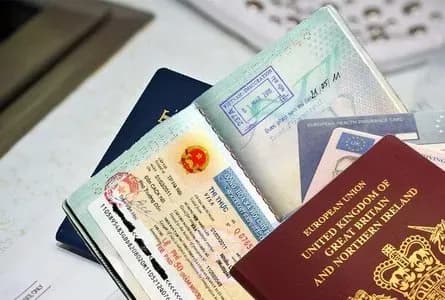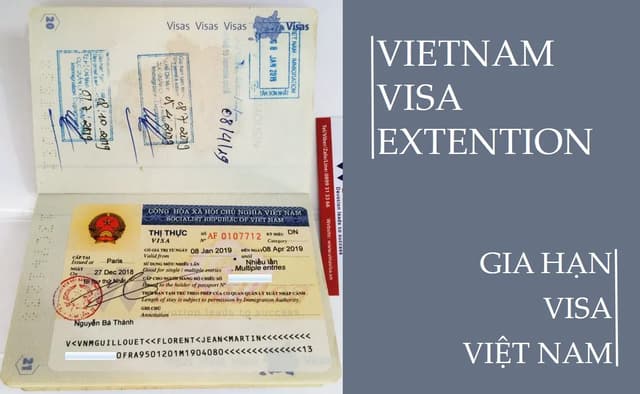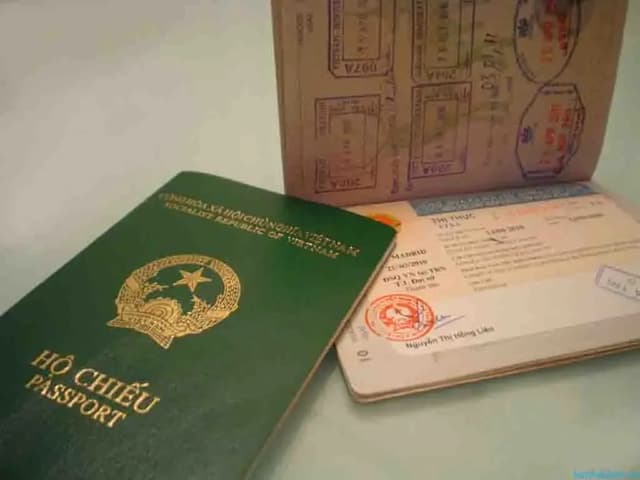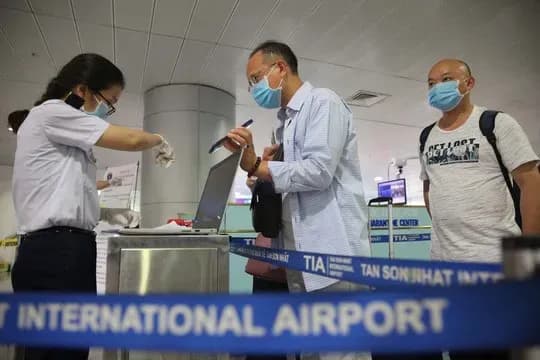Invalid civil transactions and invalid cases
By Hoa Nguyen
16/12/2024
This article explains the concept of invalid civil transactions and common cases leading to invalidity under Vietnamese law. Cases such as transactions violating the prohibitions of the law, lack of legal capacity, or being deceived or coerced can all make transactions invalid. Understanding these cases helps the parties involved in the transaction.
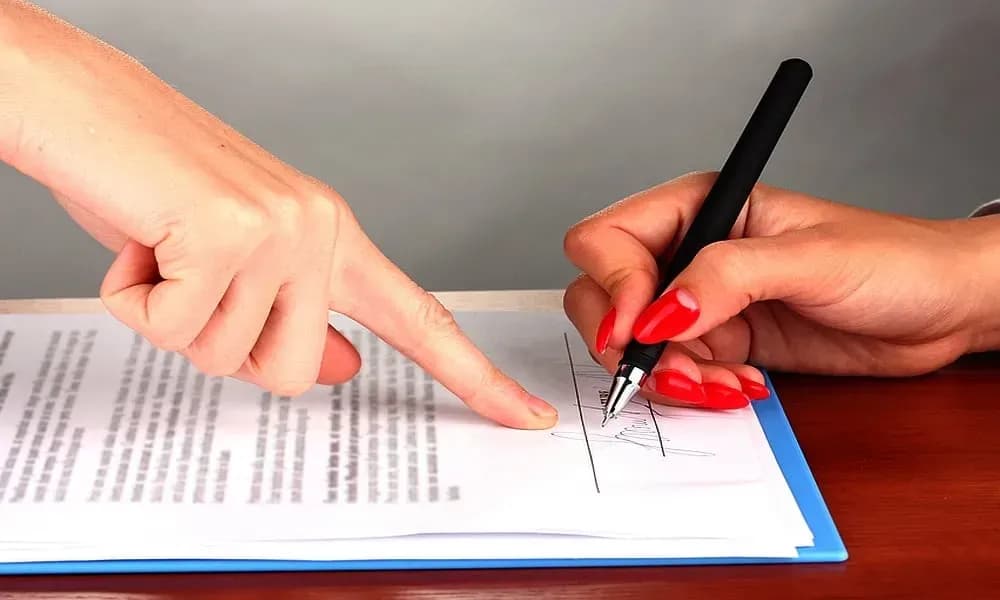
1. Invalid civil transactions
According to Article 122 of the 2015 Civil Code, a civil transaction that does not have one of the conditions specified in Article 117 of this Code is invalid, unless otherwise provided by this Code.
2. Civil transactions are invalid due to violations of the law or social ethics.
According to Article 123 of the 2015 Civil Code, civil transactions with purposes and contents that violate the prohibitions of the law or are contrary to social ethics are invalid.
Legal prohibitions are provisions of law that do not allow subjects to perform certain acts.
Social ethics are common standards of conduct in social life, recognized and respected by the community.
3. Civil transactions are invalid due to forgery.
According to Article 124 of the 2015 Civil Code, when the parties establish a civil transaction in a false manner to conceal another civil transaction, the false civil transaction is invalid, while the concealed civil transaction remains valid, unless that transaction is also invalid under the provisions of this Code or other relevant laws.
In case of establishing a fake civil transaction to avoid obligations to a third party, that civil transaction is invalid.
4. Invalid civil transactions established or performed by minors, persons lacking civil act capacity, persons with difficulty in cognition or behavior control, or persons with limited civil act capacity
According to Article 125 of the 2015 Civil Code, when a civil transaction is established or performed by a minor, a person without civil act capacity, a person with difficulty in cognition or behavior control, or a person with limited civil act capacity, the Court shall, at the request of that person's representative, declare that transaction invalid if, according to the provisions of law, this transaction must be established, performed or agreed to by their representative, except in the cases specified below.
- Civil transactions of the above-mentioned persons shall not be invalid in the following cases:
+ Civil transactions of persons under six years of age or persons who have lost civil act capacity to meet their daily essential needs;
+ Civil transactions only create rights or only exempt obligations for minors, people without civil act capacity, people with difficulty in cognition, behavior control, people with limited civil act capacity with the person who established and conducted the transaction with them;
+ Civil transactions are recognized as valid by the person establishing the transaction after reaching adulthood or after restoring civil capacity.
5. Civil transactions are invalid due to mistakes.
According to Article 126 of the 2015 Civil Code, invalid civil transactions due to mistakes are defined as follows:
- In case a civil transaction is established with a mistake that causes one or both parties to fail to achieve the purpose of establishing the transaction, the mistaken party has the right to request the Court to declare the civil transaction invalid, except for the case specified in Clause 2 of this Article.
- A civil transaction established with a mistake is not invalid in the case where the purpose of establishing the civil transaction of the parties has been achieved or the parties can immediately correct the mistake so that the purpose of establishing the civil transaction is still achieved.
6. Civil transactions are invalid due to deception, threats, or coercion.
According to Article 127 of the 2015 Civil Code, when a party participating in a civil transaction is deceived, threatened or coerced, it has the right to request the Court to declare that civil transaction invalid.
Fraud in a civil transaction is an intentional act of one party or a third person aimed at making the other party misunderstand the subject, nature of the object or content of the civil transaction and thus establish that transaction.
Threats and coercion in civil transactions are intentional acts of one party or a third person that force the other party to perform a civil transaction in order to avoid damage to the life, health, honor, reputation, dignity, or property of oneself or of one's relatives.
7. Civil transactions are invalid because the person establishing them is not aware of and in control of his or her actions.
According to Article 128 of the 2015 Civil Code, a person who has civil act capacity but has entered into a transaction at a time when he or she is not aware of and cannot control his or her actions has the right to request the Court to declare that civil transaction invalid.
8. Civil transactions are invalid due to non-compliance with formal regulations.
According to Article 129 of the 2015 Civil Code, civil transactions that violate the provisions on conditions for validity in form are invalid, except in the following cases:
- A civil transaction that has been established as required to be in writing but the document does not comply with the provisions of law and one party or parties have performed at least two-thirds of the obligations in the transaction, then at the request of one party or parties, the Court shall issue a decision recognizing the validity of that transaction;
- A civil transaction that has been established in writing but violates mandatory regulations on notarization and certification, and one or more parties have performed at least two-thirds of the obligations in the transaction, then upon request of one or more parties, the Court shall issue a decision recognizing the validity of that transaction. In this case, the parties do not have to perform notarization and certification.
9. Partially invalid civil transactions
According to Article 130 of the 2015 Civil Code, a civil transaction is partially invalid when a part of the content of the civil transaction is invalid but does not affect the validity of the remaining part of the transaction.
Vietnam visa application service for foreigners
By Hoa Nguyen
16/10/2024
Our Vietnam visa application service provides a quick and convenient solution for foreigners who need to enter and temporarily reside in Vietnam. We provide short-term and long-term visas for tourism, business, investment and visiting relatives. With a simple and professional process, we ensure to save time and bring satisfaction to customers. Contact us now for support!
Extend Vietnam visa procedures for foreigners
By Van Vu
16/10/2024
Extending Vietnam visa for foreigners is one of the important services to ensure legal residence in Vietnam. We provide a fast and simple visa extension process, suitable for various types of visas such as tourism, business, and visiting family. With attentive and professional support, we commit to bringing convenience and peace of mind to customers during the visa extension process. Contact us for detailed advice and support on extending Vietnam visa procedures.
Procedures for applying for visas for foreigners working in Vietnam
By Van Vu
16/10/2024
This article provides detailed instructions on the procedures for applying for visas for foreigners working in Vietnam, including short-term and long-term visa types, as well as corresponding conditions and expiry dates. In addition, information on legal regulations and necessary documents is also provided to support foreign workers and businesses in carrying out procedures effectively and legally.
Visa issuance for foreigners at international border gates
By Van Vu
21/10/2024
According to Article 18 of the Law on Entry, Exit, Transit and Residence of Foreigners in Vietnam 2014, the issuance of visas at international border gates for foreigners is regulated in detail.

